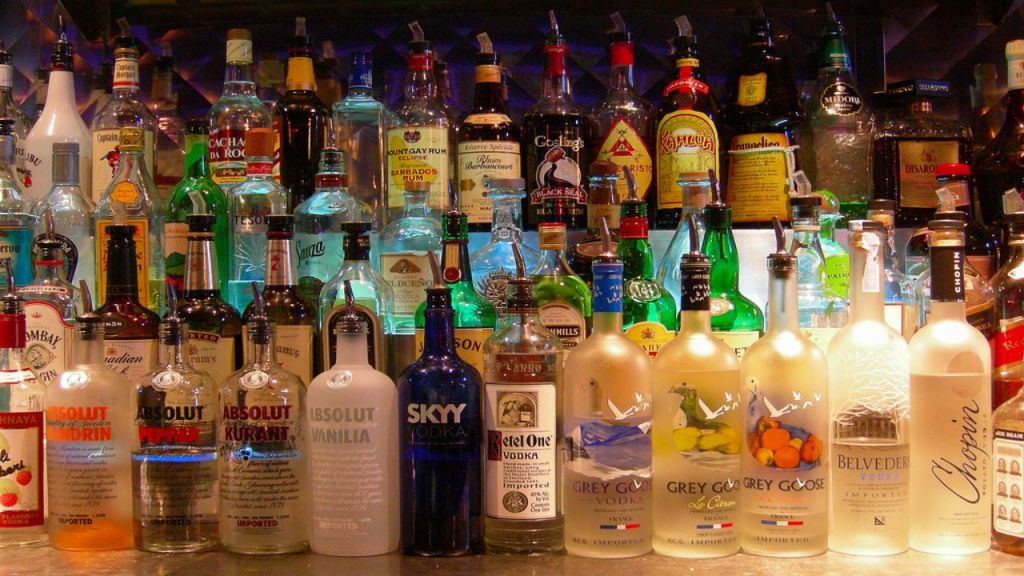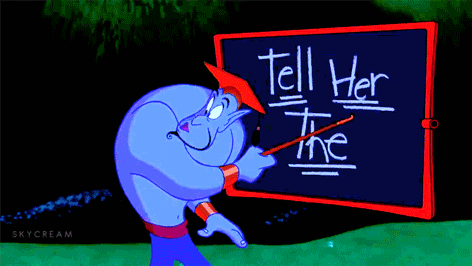
“The first high will always be the highest
After the last drop you’ll always want another one
What you want, and what you’ve got won’t ever be the same thing
The ghost of a high you can’t come down from”
Against Me! – “First High of the Morning”
Disclaimer
At Out of Yer Shell, we do not in any way encourage trans and gender non-conforming (GNC) youth to use alcohol or drugs as a means of escapism—we only bring it up because it IS a coping strategy that a lot of folx use. Within the stereotypical Hollywood narrative of queer experiences, drugs and alcohol are portrayed as the only outlet for folx looking for an outlet from gender dysphoria. It would be negligent to ignore the elephant in the room, so instead, let’s analyze the impacts of alcohol and drugs—specifically marijuana—on an adolescent brain.
Alcohol
Everybody’s relationship with alcohol is different—to make a universal statement about how people choose to consume or avoid alcohol would limit the vast range of perspectives that fuel individual stories. To reiterate, we are neither promoting nor condemning the use of alcohol, merely stating facts about how it affects young, queer people.
A growing body of research has found that prolonged alcohol use has been associated with brain damage, cardiovascular disease, cirrhosis of the liver, several different kinds of cancer, anemia, ulcers, infertility, osteoporosis, and a number of other complications. In the short term, alcohol impedes cognition, increases symptoms of anxiety and depression, and causes short-term memory loss or blackouts.
For some folx, feelings of numbness or an inability to formulate coherent thoughts are enticing because they effectively erase the pervasive pain of gender dysphoria. Imagine a chalkboard full of scribbles, clutter, and hateful words and phrases—a physical manifestation of both prolonged aching and episodic panic. Now imagine taking a thick, black eraser, and wiping all of that mess away—that’s what alcohol does.
In her thought-provoking book, Quit Like a Woman, Holly Whitaker explains that consuming alcohol releases “artificially high levels of dopamine”—a neurochemical that lives in the part of the brain that is tasked with survival. Prolonged alcohol use causes our brains to prioritize alcohol over survival, thereby creating the state of dependency society refers to as alcoholism. Trans and GNC youth, whose brains are still developing, and are therefore more susceptible to the long-term effects of alcohol, should consider the risks of using alcohol as a coping mechanism or seek treatment if applicable.
Holly Whitaker’s program, Hip Sobriety, takes a more person-centric, holistic approach to sobriety than AA, and considers how intersectional identities and societal oppression affect individuals who want to stop drinking.
Drugs
As of this writing, marijuana is fully legal in a handful of states, partially sanctioned or decriminalized in others, and totally illegal in the ones that are left. Harder drugs, such as cocaine, heroin, and methamphetamines are illegal and criminalized universally. Depending on a person’s race, the quality of the drug (crack vs. powder cocaine, etc.), where the offense happens, and whether the War on Drugs is ebbing or flowing, the fines and sentencing for possession of these drugs can be more or less severe.
That being said, marijuana will be the focus of this section because it is the most commonly used drug (behind alcohol) and its partial legality makes it more accessible. In states where cannabis is legal for recreational use, the consumer must be at least 21 years old and hold a valid driver’s license or I.D. (unless they have a medical card, in which case they only have to be 18). Individuals under the legal age who are found with marijuana can face serious legal and financial troubles, and incur consequences for their parents or guardians.
While we at Out of Yer Shell neither condemn nor condone the use of marijuana, we want to state the legal ramifications of the drug, so individuals can make informed decisions.
Like alcohol, for some folx, marijuana tends to wipe the proverbial chalkboard clean, or more specifically, flip the whole thing so an unsoiled surface is present, and the dysphoria haze is turned upside down and hidden.

Also, like alcohol, marijuana use comes with a number of unpleasant side-effects, including short-term memory loss, decreased concentration and attention span, alterations in motor-control, coordination, judgement, and reaction time, and negative effects on a person’s lungs. While there are many positive effects associated with the drug, recent studies have found some correlation between marijuana use and depression and psychosis.
We Get It
Like the header says, many of us have been in situations where drugs or alcohol were the coping mechanism that got us through the day. Blacking out and getting high were preferable to dealing with the disorganized chalk board that was our minds and spirits. This is a website for trans and GNC youth made by trans and GNC youth who got a little older – we get it. There is no judgement here. If this is where you are, then this is where you are. We encourage you to try some of the other interventions we’ve listed and if it feels safe, have a candid conversation with your parents, guardians, or loved-ones about your gender dysphoria and how drugs and alcohol affect it.
